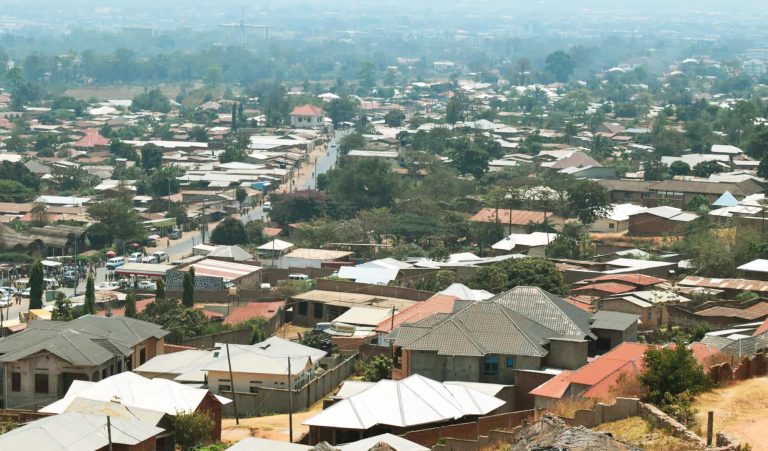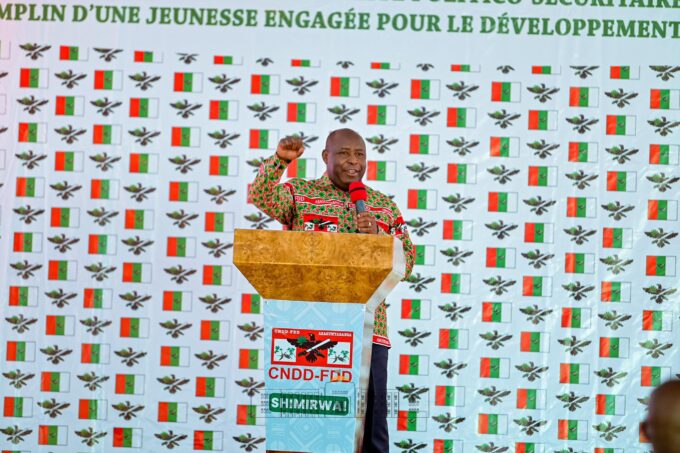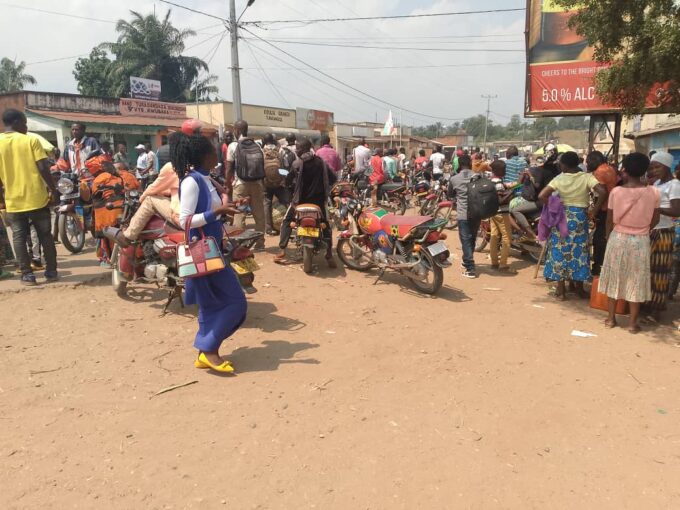As Burundi struggles to accommodate thousands of asylum seekers fleeing the conflict in eastern Democratic Republic of Congo (DRC), a severe housing crisis has emerged, with rent prices skyrocketing to unprecedented levels. The surge, particularly in Bujumbura, the country’s economic capital, has left many tenants struggling to afford housing, with some accusing landlords of exploiting the crisis for financial gain.
At a press conference earlier this week, Martin Niteretse, Burundi’s Minister of Interior, Security, and Development, acknowledged the rising rent prices, attributing them to increasing demand. However, he emphasized that rental costs had already been on an upward trend long before the recent influx of Congolese refugees.
“We should not say that the Congolese should leave simply because rent prices have risen. Prices were already increasing before the crisis in DR Congo. Instead, we should encourage Burundians to remain open-hearted. The arrival of Congolese people is not the problem; they were coming even before. No one should feel worried because of their presence,” Niteretse said.
According to Burundian authorities, the conflict in eastern DRC has so far displaced over 35,000 people, including at least 100 Congolese police officers who have fled to Burundi. Many Burundians have blamed the soaring rent prices on this influx, arguing that landlords are taking advantage of the situation.
For years, Burundi has faced an escalating cost of living crisis, primarily fueled by a persistent fuel shortage, currency devaluation, and rising transportation costs. Now, with increased demand for housing, many tenants say they are being priced out of their homes.
Many residents of Bujumbura have expressed frustration over what they see as an unfair housing market, claiming that Congolese refugees and migrants, who often pay in U.S. dollars, are willing to offer significantly higher rents than locals.
“The Banyamulenge and other Congolese have driven up rent prices. They pay in dollars, while we, Burundians, pay in our local currency. For them, paying $400 or $500 per month is nothing, but for us, it’s extremely expensive. I used to pay 200,000 BIF for my place, but now, if you don’t have 400,000 or 500,000 BIF, you won’t find anything,” one tenant told Breaking Burundi.
Congolese residents in Bujumbura, however, argue that landlords are the ones fueling the crisis, artificially inflating rent prices due to increased demand.
“When we came to Burundi, rent prices were normal. But landlords keep increasing them daily. It’s unfair to blame us when they are the ones taking advantage of the situation,” said Amani Marko, a Congolese student living in northern Bujumbura.
While many tenants blame landlords for profiteering from the crisis, property owners argue that they are simply responding to the broader economic situation, citing currency devaluation and rising living costs as key factors behind the price hikes.
“We are not raising rent just for profit. The cost of living has increased for everyone, including landlords. The devaluation of the Burundian franc has made it necessary to adjust rent prices accordingly,” one landlord told Breaking Burundi.
Minister Niteretse reiterated that Congolese refugees should not be scapegoated for the crisis and emphasized that the only sustainable solution is to increase housing supply.
“It is not the Congolese causing the price hikes. Rent prices had already been rising long before the war in Congo. No one should panic. Congolese nationals are not a problem but a blessing because they bring money into our economy by purchasing food and other goods,” he said.
The housing shortage in Bujumbura has been a growing concern for years, with rent prices steadily climbing, particularly in urban areas. Local reports indicate that complaints about rising rental costs have intensified. According to Jimbere Magazine, by October 2024, the price of renting a single-room unit had doubled to 100,000 BIF, up from 50,000–60,000 BIF earlier in the year. Meanwhile, the cost of a two-bedroom apartment on the outskirts of Bujumbura now ranges between 250,000 and 300,000 BIF, while in central neighborhoods like Bwiza and Nyakabiga, rents have soared to between 350,000 and 500,000 BIF
To mitigate the crisis, Niteretse urged for the construction of more housing units.
“It is possible that rent prices may continue to rise, but as I have said before—and I will repeat it for those who did not hear—the solution to rising rent prices is to build more houses. If demand increases while supply remains low, prices will keep rising,” he said.








Leave a comment